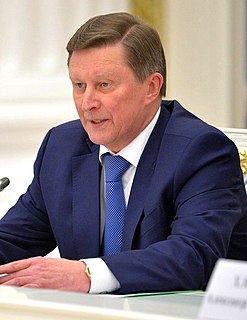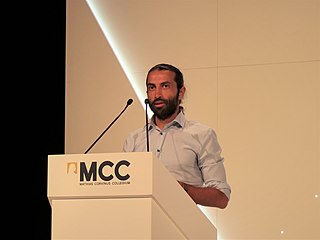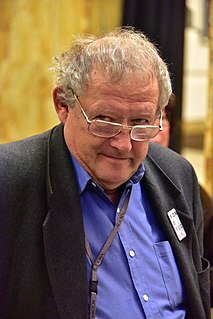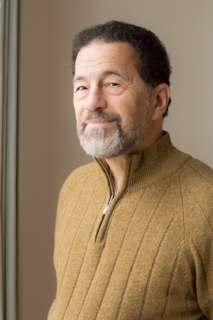A Quote by Sergei Ivanov
When it comes to culture, religion and mentality, most Russians identify with Europe.
Related Quotes
We lack a political culture, a culture of compromise. We in Poland, as well as the Hungarians, have never learned this sort of thing. Although there is a strong desire for freedom in the countries of Eastern Europe, there is no democratic tradition, so that the risk of anarchy and chaos continues to exist. Demagoguery and populism are rampant. We are the illegitimate children, the bastards of communism. It shaped our mentality.
As you look back in history, we [the United States] have done wonderful things, the Marshal Plan is the most obvious. After World War II, we spent billions of dollars to rebuild Europe or at least part of Europe after the devastation of World War II. We did it out of charity, but we also did it to keep the Russians from getting deeply into Europe.
In Europe, the Enlightenment of the 18th century was seen as a battle against the desire of the Church to limit intellectual freedom, a battle against the Inquisition, a battle against religious censorship. And the victory of the Enlightenment in Europe was seen as pushing religion away from the center of power. In America, at the same time, the Enlightenment meant coming to a country where people were not going to persecute you by reason of your religion. So it meant a liberation into religion. In Europe, it was liberation out of religion.
I struggled in London for a very long time. 'Be prepared to struggle a lot' - it's a European mentality. The American mentality is positive and 'You can do it' and 'Everything's possible.' In Europe it's an older, more realistic way of thinking. You feel like you're having to prove that you can do it.
A faith in culture is as bad as a faith in religion; both expressions imply a turning away from those very things which culture and religion are about. Culture as a collective name for certain very valuable activities is a permissible word; but culture hypostatized, set up on its own, made into a faith, a cause, a banner, a platform, is unendurable. For none of the activities in question cares a straw for that faith or cause. It is like a return to early Semitic religion where names themselves were regarded as powers.











































